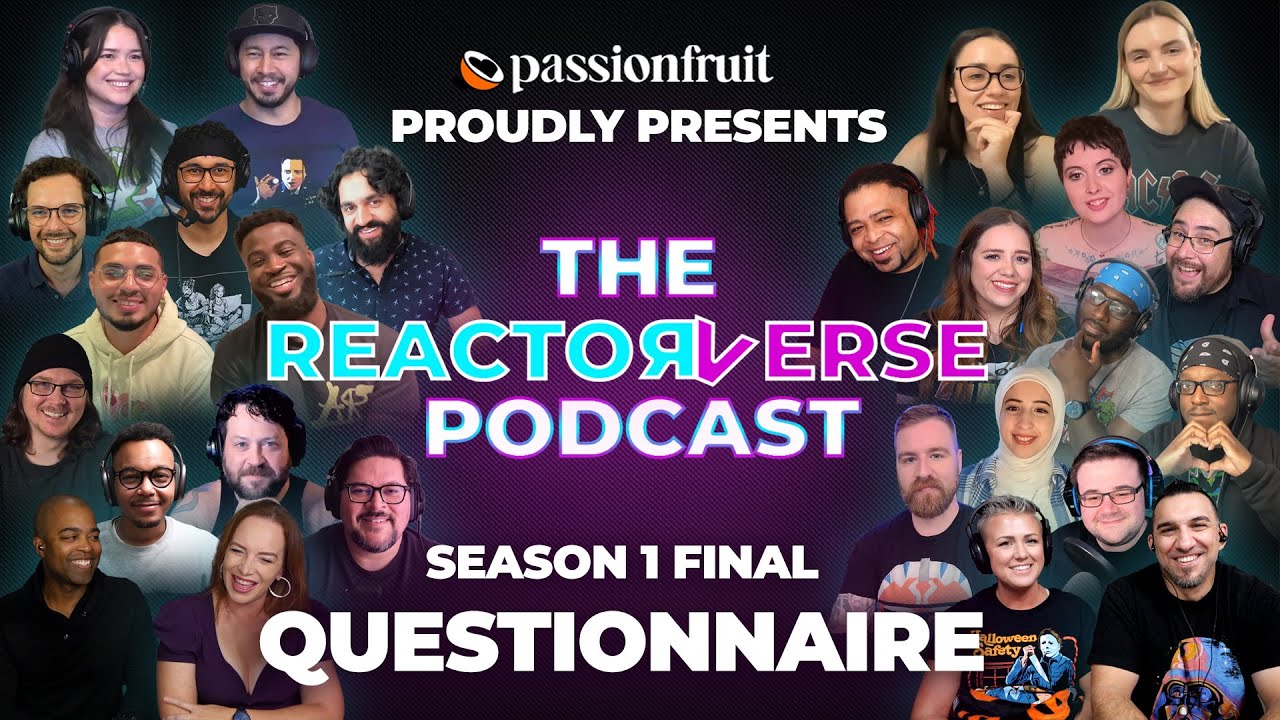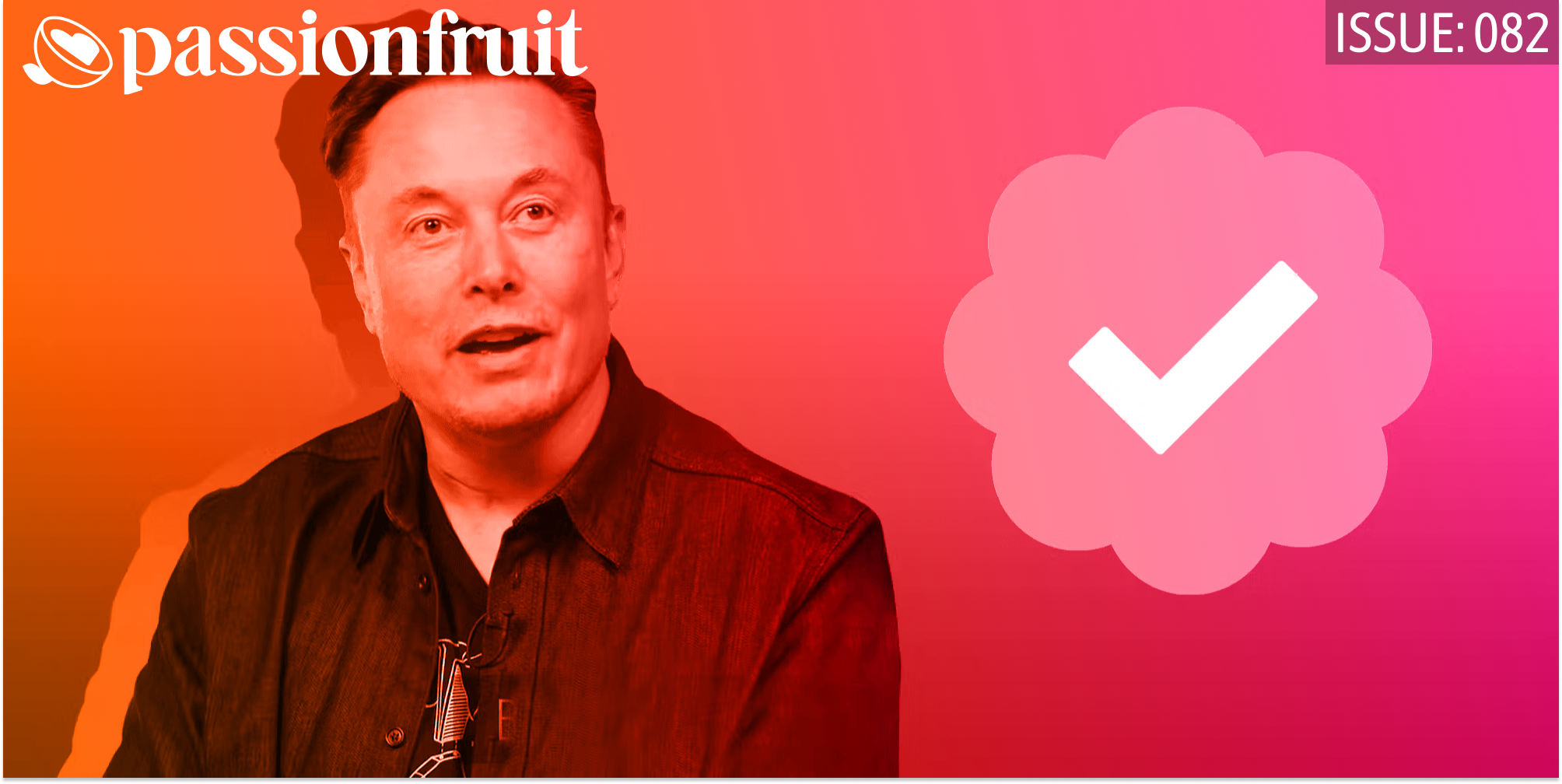CREATOR NEWSLETTER
Issue #201 | January 9, 2024
Last week, the National Labor Relations Board (NLRB) announced a decision that Google, YouTube’s owner, is pretty unhappy about, according to an appeal filed this week.
The NLRB is the federal agency that protects the rights of employees to collectively bargain for things like better working conditions and wages. The agency found on Jan. 3 that Google had acted illegally when it refused to bargain with a group of Texas-based YouTube Music content operation workers, who voted to unionize in April 2023 with the Alphabet Workers Union. (The AWU is a 1,400+ member union for employees of Google’s parent company, Alphabet.)
The group of workers — which included music experts, writers, graphic designers, and content launch coordinators — allege they were fired as a result of their organizing efforts. According to a press release from the AWU, the workers were responsible for “ensuring music content is available and approved for YouTube Music’s 80 million subscribers worldwide.” Many workers were musicians who contracted with the company for their day jobs, according to the Austin Chronicle.
The AWU filed a complaint with the NLRB on behalf of these fired workers, claiming Google violated federal labor laws prohibiting employers from retaliating against their employees for organizing efforts. In response, Google has been trying really hard (filing an appeal against the NLRB’s decision this week) to convince the court that it is not the employer of these particular workers and, therefore, it is not responsible for bargaining with them.
The workers were employed by Google through a subcontractor called Cognizant, rather than directly by Google. According to the recent NLRB ruling that Google is trying to appeal, Google must bargain with the workers due to the level of control it has over their working conditions. For example, Google is accused of having influence over a recent decision to revoke the workers’ remote working options and sick pay.
It’s not the first time Google has tried to shirk its legal responsibility over contract workers. In November 2023, another group of 120 contractors, who were tech employees connected to YouTube through subcontractor Accenture, voted to unionize. They have been facing similar legal challenges by Google over whether or not the company is technically considered their “joint employer.”
This legal debate over the scope of “joint employer” status has been ebbing back and forth throughout the Obama and Trump administrations. The Obama-era standard was that a company could be considered an “employer” of a contractor, even if their relationship with that contractor was indirect. The passing of a Trump-era 2019 law made it more difficult for contractors to be determined as “employees” in a bit of a complicated way.
For one, the Trump-era standard was largely based on workers’ ability to make more money based on their own business know-how, described as “entrepreneurial opportunity.” For example, a Lyft driver who could strategically pick certain neighborhoods or work particular hours to make extra cash was not considered an employee of Lyft. In addition, a joint employment rule from Trump’s administration meant that a company would have to have direct control over contractors’ working conditions to be considered their employer.
However, in June 2023, the NLRB once again broadened the Trump-era standard to include more independent contract workers as being “employed” by companies. That new ruling changed the game for workers who have been denied the legal right to unionize in a variety of fields: from Lyft drivers to construction workers, to video editors, producers, graphic designers, writers, and other creators employed on a gig or contract basis by a company.
The definition of “direct” control is still up for debate, though. In Google’s case, the NLRB ruled that “Google exerted the direct and immediate control necessary” to be considered the joint employer of the YouTube Music contractors, according to Bloomberg Law. Google is trying to dispute that claim in its appeal.
In related news today, the Labor Department under President Biden is also considering a new rule that will make it easier for gig workers to be legally classified as “employees” as opposed to “independent contractors,” granting them additional labor rights. Officials say the rule is set to be published on Jan. 10 and will take effect March 11.
While the issue of contract workers’ employment status is widely discussed concerning companies like Lyft and Uber, it’s also possible this legal precedent could trickle into the creator economy in a few key ways.
Many creators, for example, might be considered to be acting akin to their LLCs, owning and operating personal brands and hiring other creators as contractors. For example, an Instagrammer hiring a graphic designer, or a YouTuber like MrBeast hiring a village of editors and producers to make his videos. Lawyer Franklin Graves told Passionfruit that creators should be mindful of these legal situations.
“For any creators hiring contractors, it may be worth examining your business structure with an experienced labor lawyer to confirm you aren’t inadvertently creating an employer-employee relationship,” Graves noted.
THE COMMENTS SECTION
“Just because a contract for a video editor or a writer says the relationship is set up as an independent contractor doesn’t necessarily mean that’s the reality of the situation under the law.”
— Tech lawyer Franklin Graves.
On the flip side, creators (like video editors or graphic designers) who are employed on a contract basis may soon have more protections to collectively bargain and organize against their employers to improve their pay and working conditions — that is if they’re able to prove a company has significant control over their working conditions.
For example, in the gaming industry, game publishers and league operators could potentially be argued to be “joint employers” of the esports players they work with. According to legal scholar Maxwell Adams in a 2020 Indiana Law Review article about the potential for collective bargaining in the esports landscape, these kinds of gaming companies have significant control via detailed contracts over the operation, salaries, housing, and training programs of their players (who are often content-creating powerhouses).
As a YouTuber, you might be asking yourself, ‘Well, I signed the terms and conditions to work with YouTube through its Partner Program, wouldn’t that make me eligible to unionize with the AWU?’ It’s likely not so simple.
Lawyer Franklin Graves told Passionfruit that while YouTube does have a high level of “contractual engagement” with creators, YouTube partners have a “relationship and workload” with YouTube that likely excludes them from being legally considered as contractors or employees of YouTube with the right to unionize.
“Creators on any given platform often have control over critical factors that labor enforcement agencies and courts examine — such as where and when the work is performed (e.g., Google was reportedly trying to force [Cognizant] contractors back into their offices), equipment that’s used, and types of services being rendered,” Graves said.
“Even with a recently renewed focus on the gig worker economy,” Graves continued, “the way in which creators have sole control over their businesses is starkly different than an individual waiting with a gig platform’s app open that determines where, when, how, and for how much the individual is going to be working.”
While the results of this latest NLRB ruling and Google’s appeal today is yet to be seen, it is a stark reminder that YouTube is not just a tool, platform, and culture – it is a company with a lot of control over careers and lives. Regardless of its friendly relationship with many creators, the company’s bottom line is ultimately its greatest concern.
While that may seem bleak, this NLRB ruling suggests that as long as creators remain an organized force, they can affect change, stand up for their working lives, and secure rights to organize. It just may take a little legal debate to figure out what exactly those rights are.
– Grace Stanley, Newsletter and Features Editor
TIPS & TRICKS
Here’s How To Wind Down Your YouTube Channel, From a Creator Who’s Just Done So
Sex education YouTuber Hannah Witton shared why and how she “stepped back” from her content creation career.
By Chris Stokel-Walker, Passionfruit Contributor

SPONSORED

A vlogging kit that’s truly pro-level
Created to meet the needs of storytellers, filmmakers, and content creators, the PRO Vlogger kit from Joby features the ultimate on-camera vlogging microphone, Wavo PRO, and the strongest GorillaPod to date, the 5k PRO. Known and loved by the biggest creators around the world, this is the kit you need to produce pro-level, viral-worthy content.
IN THE BIZ
- Slack has a new Stream Deck plug-in to let users open direct messages, group messages, and more.
- Twitch streamer and OnlyFans creator Amouranth’s AI girlfriend bot allegedly earned over $34,000 within 24 hours of launching.
- There’s been a viral craze over exclusive “Stanley Cup” launches. However, the backlash to the Stanley Cup-loving influencers may have gone too far.
- Influencer Logan Paul is offering refunds for his failed crypto gaming project, CryptoZoo. However, there’s a catch — if you accept the refund, you can’t sue him.
- Twitch Clips, a short form video service from the streaming platform, is raising red flags for child safety, after it was revealed that its content moderation team was not actively monitoring the service.
- A new case of assault in the metaverse is leading authorities to question the legal standards and physical consequences for crimes committed virtually.
GUIDES
Starting the Year Right as a Creator in Five Easy Steps
It’s 2024, and you’ve survived another year of creating while battling the algorithm. Before projects pile up, use this opportunity to set yourself up for success.
By John-Michael Bond, Passionfruit Contributor
CULTURE
Fans Are Pushing Back Against AI-Created Marketing in ‘Magic: The Gathering,’ ‘Apex Legends,’ and More
A wave of AI art used in advertising has caused fans to stand up to corporate meddling.
By Steven Asarch, Passionfruit Contributor
JOB BOARD
- True crime creator Kendall Rae is looking for a digital content writer and coordinator.
- Internet culture video essayist Visual Venture is hiring a scriptwriter and video editor.
- Inventor Preston Summerrow is looking for a long-form video editor.
- Prank YouTuber Adam B is hiring a full-time video editor.
- Talent management company Odd Projects is looking for an assistant to one of its creator managers.
YOUTUBE MADE ME DO IT
For those of you who aren’t familiar, Passionfruit’s creator liaison Eric Rodriguez (aka Nerd Chronic) has been spearheading a fantastic podcast and YouTube series about the Reactor community — aka, a group of creators known for reacting to movies, TV shows, and other kinds of media.
It’s been a great season of meeting and chatting with all kinds of creators behind popular reaction channels. Eric made this great compilation of a questionnaire he did with all of this season’s guests on the show. Check it out below!


Copyright © 2024 Passionfruit, All rights reserved.
You are receiving this email because you signed up to get the latest tips, tricks,
and trends in the creator economy from Passionfruit.
Have an idea for our next big story or want to get featured? Email us at tips@passionfru.it
Don’t want to hear from us anymore?
Click here to unsubscribe
To view in your browser click here





